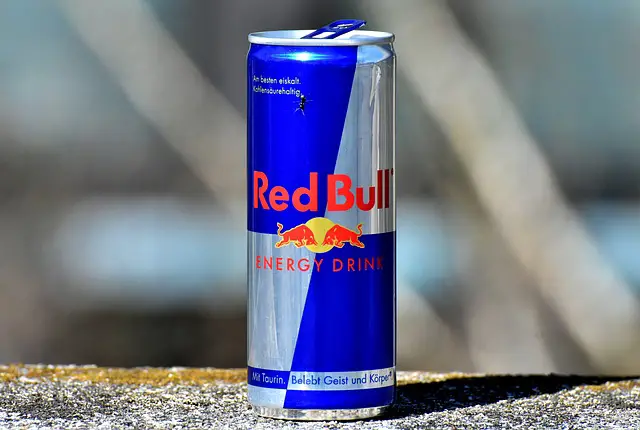
Does Taurine in Energy Drinks Slow Aging?
We have a great news – especially if you are a mouse, worm, or monkey. It appears that taurine, an amino acid, found in many energy drinks slows aging in these organisms. Might is slow aging in humans?
What is Taurine?
Taurine is unique among amino acids in that is not used to form proteins like other amino acids. It is a free-form molecule and plays a role in the function of the central nervous system and immune system and has anti-oxidant and anti-inflammatory properties.
It is produced naturally by the body but that production declines with age. It can also be obtained in the diet in beef, poultry, and fish (especially shellfish). It is considered to be a semi essential amino acid.
Studies on Taurine
Earlier studies on taurine showed that taurine levels correlate with health and that taurine levels decline with age in mice, monkeys, and humans. A recent study published in Science fed taurine to middle-age female and male mice until they died. The study found that the median life span of taurine-treated mice increased by 10 to 12%, and life expectancy at 28 months increased by about 18 to 25%.
Ideally, an anti-aging should not only improve life span, but also health span – that period of healthy living. To see if taurine improves health span researchers investigated the health of taurine-fed middle-aged mice and found an improved functioning of bone, muscle, pancreas, brain, fat, gut, and immune system, indicating an overall increase in health span. They also observed similar effects in monkeys.
Researchers further found that taurine reduced cellular senescence, protected against telomerase deficiency, suppressed mitochondrial dysfunction, decreased DNA damage, and attenuated inflammation. See our article, 12 Powerful Hallmarks of Aging where we discuss the significance of cellular senescence, telomere shortening, inflammation, DNA changes, and mitochondrial dysfunction.
Aging Risk Factors in Humans
In humans it has been found that lower taurine, hypotaurine, and N-acetyltaurine concentrations are associated with adverse health including increased abdominal obesity, hypertension, inflammation, and prevalence of type 2 diabetes.
Hear some really good news for those who exercise. Researchers found that a bout of exercise increased the concentrations of taurine metabolites in blood, which might partially underlie the antiaging effects of exercise.
Should You Supplement with Taurine?
Studies like this lead to the question as to whether or not humans should supplement with a particular nutrient that has health benefits in other organisms. Clearly human studies need to be performed on taurine in humans to better answer that question as it relates to aging, but such studies take years to conduct and does not help the middle-aged or elderly person who wants to optimize his or her health today.
There are several humans studies that have investigated taurine and athletic performance. Here are some of the athletic performance benefits of taurine.
- increased oxygen uptake by the body
- increased time to fatigue
- reduced muscle damage
- improved recovery times
- improved strength and power
Based on the best available evidence, taurine has no negative side effects when supplemented appropriately.
So how much can you safely take. One 2019 report suggests that the highest daily dose of taurine you can safely consume is 3 grams per day. However, the European Food Safety Authority (EFSA) suggested in its 2012 guidelines that you can safely take up to 6 grams per day.
Taurine does contain sulfur so be careful supplementing with taurine if you have a sulfur allergy.
